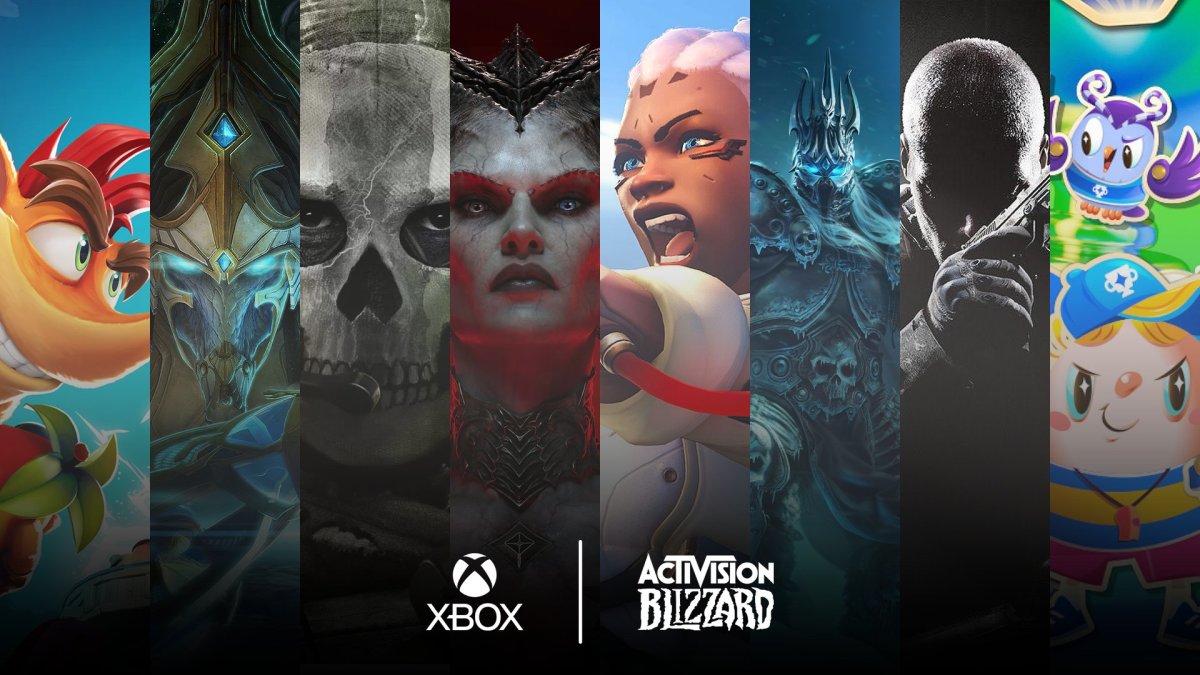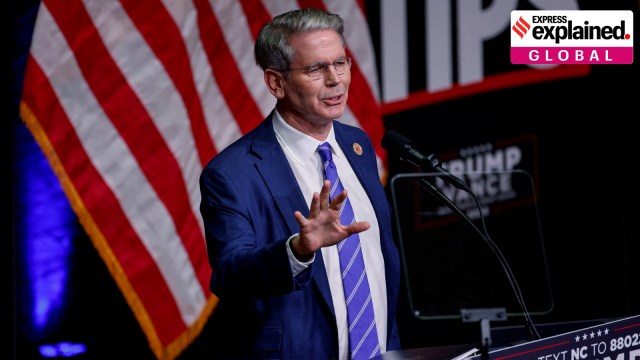FTC To Appeal: Microsoft's Activision Blizzard Deal Faces New Hurdle

Table of Contents
The FTC's Arguments Against the Merger
The FTC's core concern revolves around the potential anti-competitive effects of the merger. They argue that Microsoft's acquisition of Activision Blizzard would grant Microsoft undue dominance in the gaming market, harming consumers and stifling innovation. Specifically, their arguments include:
-
Reduced Competition in Console Gaming: The FTC contends that the merger would significantly reduce competition in the console gaming market, potentially leading to higher prices and fewer choices for consumers. They point to Microsoft's already substantial market share and the addition of Activision Blizzard's popular franchises, such as Call of Duty, as a cause for concern.
-
Potential Harm to Consumers: The FTC believes that the acquisition could lead to higher prices for games, subscription services, and in-game purchases. Reduced competition could also result in a diminished quality of games and a lack of innovation.
-
Control Over Key Gaming Franchises: Activision Blizzard boasts incredibly popular franchises like Call of Duty, Warcraft, and Candy Crush. The FTC worries that Microsoft could leverage its control over these franchises to exclude competitors, hindering their ability to compete effectively.
-
Exclusionary Practices: The FTC's complaint likely details specific clauses highlighting concerns about Microsoft using its market power to limit access to Activision Blizzard games on competing platforms, particularly Sony’s PlayStation.
The FTC's official statements and press releases provide further details on their specific concerns and legal reasoning for challenging the merger.
Microsoft's Defense Strategy
Microsoft has vigorously defended its acquisition, arguing that it would ultimately benefit consumers. Their defense strategy focuses on:
-
Benefits to Consumers: Microsoft emphasizes that the merger would bring Activision Blizzard games to more platforms, including cloud gaming services like Xbox Cloud Gaming, making them more accessible to a wider audience. This, they argue, increases competition and benefits consumers.
-
Counterarguments to Market Assessment: Microsoft challenges the FTC's assessment of the gaming market's competitiveness, arguing that the market is far more dynamic and diverse than the FTC suggests. They highlight the presence of other major players like Sony, Nintendo, and numerous mobile gaming companies.
-
Proposed Concessions and Remedies: To address some of the FTC's concerns, Microsoft has reportedly offered concessions, such as licensing agreements to ensure Call of Duty remains available on competing platforms. The specifics of these concessions are crucial to the ongoing legal battle.
Microsoft's official statements and blog posts provide further insight into their defense strategy and attempts to appease regulatory bodies.
Potential Outcomes and Implications of the Appeal
The FTC's appeal presents several potential outcomes:
-
FTC Wins: If the FTC successfully appeals, the deal would be blocked. This would represent a significant setback for Microsoft, Activision Blizzard, and the gaming industry as a whole. The ramifications would include lost investment, potential restructuring within both companies, and a reshaping of future M&A activity in the gaming sector.
-
Microsoft Wins: A victory for Microsoft would allow the acquisition to proceed, potentially leading to significant changes in the gaming market. The long-term effects could include increased consolidation, altered competitive dynamics, and a shift in the balance of power among gaming platforms.
-
Settlement: A settlement between Microsoft and the FTC is also a possibility. This might involve Microsoft making further concessions to address the FTC's concerns. This would offer a middle ground, but it could still carry significant implications for the future of the gaming industry.
This case sets a crucial precedent for future mega-mergers in the tech sector. The timeline for the appeal process will significantly influence the gaming industry's future.
The Broader Context: Global Regulatory Scrutiny of Mega-Mergers
The Microsoft-Activision Blizzard case is not an isolated incident. It reflects a growing trend of increased regulatory scrutiny of large tech mergers globally. Antitrust authorities worldwide are increasingly concerned about the potential for anti-competitive behavior by large tech companies. Similar cases involving other tech giants—such as Facebook's acquisition of Instagram and WhatsApp—have faced similar regulatory hurdles, highlighting the increasing difficulties large companies face in completing mega-mergers. The outcome of this appeal will significantly impact how future acquisitions in the tech industry are approached and regulated.
Conclusion: The Future of the Microsoft-Activision Blizzard Deal Remains Uncertain
The FTC's appeal significantly impacts the future of the Microsoft-Activision Blizzard deal, creating substantial uncertainty. The FTC's concerns about anti-competitive behavior and Microsoft's counterarguments highlight the complexities of regulating large mergers in the dynamic tech industry. The potential outcomes—FTC victory, Microsoft victory, or a negotiated settlement—will have profound and lasting consequences for the gaming market and the broader technology landscape. To stay informed about further developments regarding "FTC to Appeal: Microsoft's Activision Blizzard Deal" and its implications, follow updates from the FTC, the Department of Justice, and reputable news sources covering business and technology. The ongoing uncertainty emphasizes the importance of continued monitoring of this significant event and its far-reaching impact.

Featured Posts
-
 Trade Talks Between Us And China Show Promise Bessents Update
May 12, 2025
Trade Talks Between Us And China Show Promise Bessents Update
May 12, 2025 -
 Exclusif L Avis D Une Legende Tv Sur L Arrivee De Hanouna A M6
May 12, 2025
Exclusif L Avis D Une Legende Tv Sur L Arrivee De Hanouna A M6
May 12, 2025 -
 Rory Mc Ilroys Daughter 4 Masters Moment Sinks A Putt At Augusta
May 12, 2025
Rory Mc Ilroys Daughter 4 Masters Moment Sinks A Putt At Augusta
May 12, 2025 -
 Bayern Muenchen Het Bittere Afscheid Van Clubicoon Thomas Mueller
May 12, 2025
Bayern Muenchen Het Bittere Afscheid Van Clubicoon Thomas Mueller
May 12, 2025 -
 Juan Sotos Post Kay Interview Surge Coincidence Or Causation
May 12, 2025
Juan Sotos Post Kay Interview Surge Coincidence Or Causation
May 12, 2025
